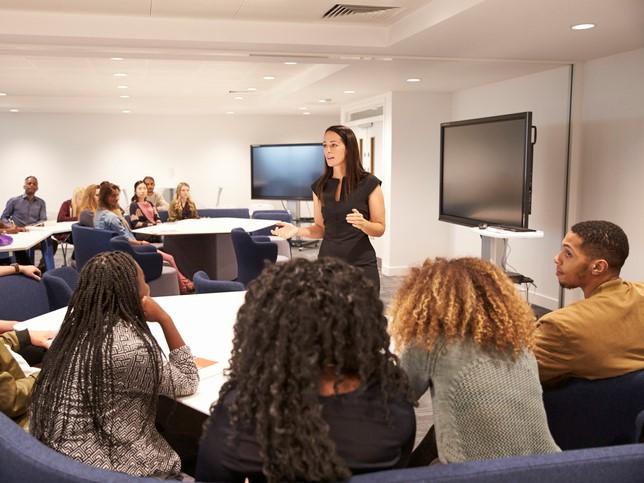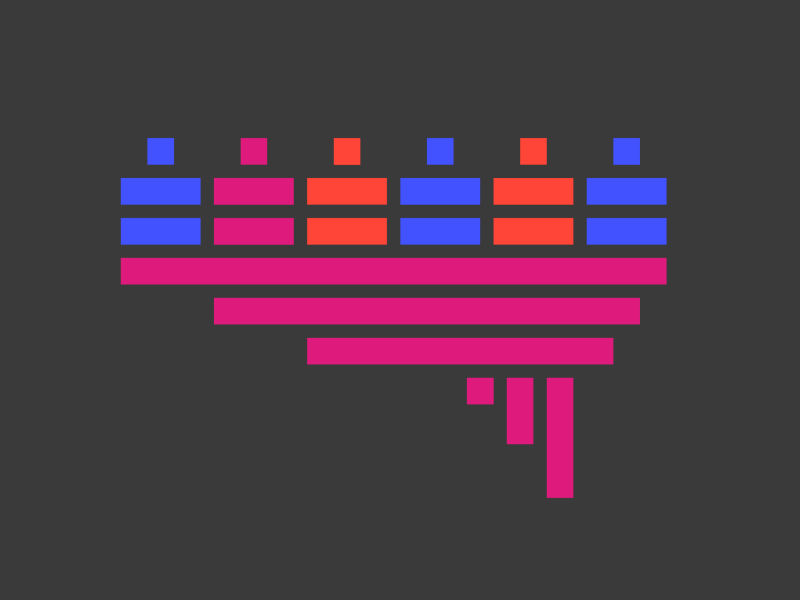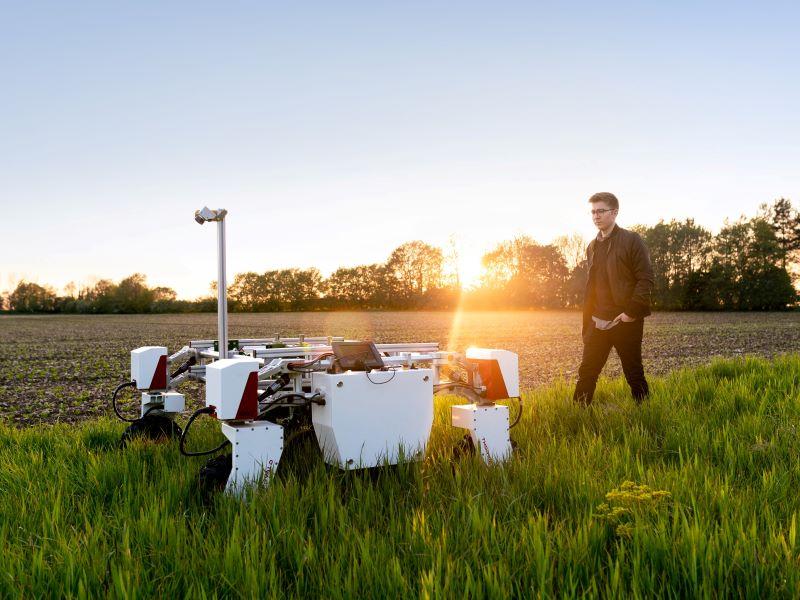In September 2021, the UAE government announced the Nafis programme (nafis translates as “complete”) as part of its Projects of the 50 series that is aimed at accelerating the UAE’s development over its second 50 years.
The Nafis programme is designed to encourage more Emiratis to join the private sector and has set an ambitious target of creating 75,000 new jobs for national talent by 2025. As one of only three federal universities and with a strategic focus on skills building, Zayed is well placed to help people start careers in national priority sectors.
- Spotlight: Lifelong learning that will last
- Three steps to unearth the hidden curriculum of networking
- Want student success? Modernising your careers centre is vital
The creation of new learning programmes that provide students with the skills to succeed in the workplace, and to close the emerging skills gap in industry, has always been a crucial component of our strategy at Zayed University.
Part of this strategy is Partner Challenges, which are strongly integrated with our interdisciplinary programmes and provide students with an opportunity to apply their knowledge outside the classroom to a real-world challenge proposed by an industry partner.
The challenges are student-driven endeavours that address “How might we…?” questions. This format is designed to promote soft skills such as critical thinking, listening, creativity and problem-solving; the very skills that are most in demand from graduates according to surveys of businesses.
Questions from previous challenges include: “How might we design an environmentally sustainable home in Dubai?”; “How might we use AI to diagnose learning difficulties?”; and “How might we understand how banks can leverage technological disruption to their advantage?”
Throughout a four-year degree at Zayed, students are required to participate in at least one new challenge each year.
Working in small teams, students provide a deliverable at the end of each semester. In our first year of the programme, the deliverables – which are defined by the industry partner – tasked students with producing a range of outputs including research reports, survey designs, lesson plans and product prototypes. By working closely with industry partners, we have found that we can help them identify challenges that benefit from the unique perspectives of young people; such as “How might we understand how banks can reach and resonate with young audiences?”
The role of the industry mentor is to identify the challenge, set the expectations and define the deliverables, as well as provide ongoing feedback and support to the student team throughout the project. At the end of the project, a questionnaire is filled in by the mentor and submitted back to the university to report on how the project went and the success of the students.
The student teams have dedicated support from Zayed University, which includes leadership coaching and ensures that personalised coaching is in place in areas such as teamwork, project management and goal setting. The faculty are also then encouraged to integrate learning outcomes into their classes to help link the classroom learning to the partner challenge.
The challenges help students turn the theory that they learn in a classroom into practice in the workplace. Students need to use teamwork to deliver the projects, time management to enable them to juggle their classroom teaching and these longer-form challenges and, most importantly, commitment to see the project through over the course of a semester.
Now in its second year, the challenges are an integral part of degrees for all new students who enrol at Zayed University, and this year more than 70 businesses have signed up to participate – from multinational companies to SMEs.
An additional benefit of the programme is that we have found it helps open the eyes of students to new opportunities when they graduate. Students can arrive at university with a specific career path in mind, often in the more traditional sectors where their parents work, and as a result never explore other avenues. This initiative provides them with exposure to and interactions with different sectors and industries. As a bonus, from the get-go, they build valuable professional networks with industry specialists. Several of our students were offered longer internships after participating in the first year of the programme.
It is a win-win. Students are taught to think for themselves, to push boundaries and to learn new skills; and industry partners have access to different perspectives and fresh ideas. This type of experiential learning can, we believe, help supercharge the next generation of graduates.
Reem Althawadi is acting director of the strategy and future department at Zayed University.
If you would like advice and insight from academics and university staff delivered direct to your inbox each week, sign up for the Campus newsletter.




comment